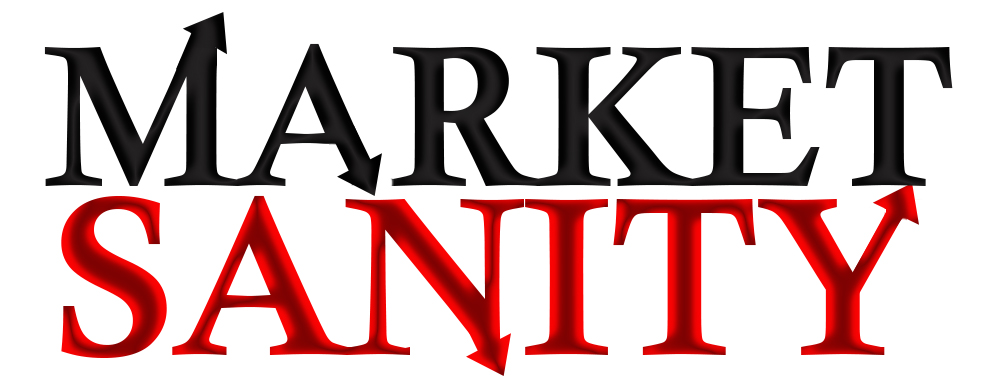Financial Survival Network, Released on 2/2/21 (Recorded on 2/1/21)
The Fed and other Central Banks are fighting so hard against deflation, it’s obvious that they will do anything to hold off the inevitable. Everyone is piling into a handful of stocks and high yielding debt. Pension funds are underwater. Maybe they’ll fail. The stock market can go down but who knows when. Craig was pushing the #SilverSqueeze on Friday. Physical withdrawal is the only way to deleverage the system. 100 ounces of silver per Reddit Trader is all it took. If they move on because silver becomes boring, they’ll still have their silver. eBay shut down their bullion sellers, why would they do that? Fractional reserve systems are inherently risky. All banks are bankrupt. The pricing system for precious metals is a fractional reserve system. We know in NY and London there’s at least 50 owners for each ounce. You might think you own the metal, but there’s probably 100 other people who think they own it too. As long as there’s no run, the shell game will continue. For large investors there’s a cost to owning gold and silver, storage, insurance transportation, etc. Even a 1% treasury yield looks good. That’s why they go for unallocated accounts. The problem is when the delivery failure occurs. Then it’s all over as the customers line up seeking their metal. SLV just gives you exposure to price, not actual ownership. 34 million ounces on Friday “went” into SLV. That’s 34,000 1,000 ounce bars. How much manpower would it take to deal with that? It’s all promissory notes in the end. Much better to own the physical. People are learning about the rigged system and how it really works. But squeezing the big 4 banks is much harder than squeezing Gamestop and the hedge funds. Go over to www.TFMetalsReport.com. Get 50% off your first month’s subscription. Use the coupon code LUTZ.
Known primarily by his nickname “Turd Ferguson,” Craig Hemke is the founder and editor of the popular TF Metals Report blog and podcast, covering precious metals, the financial markets, and greater economic trends.


